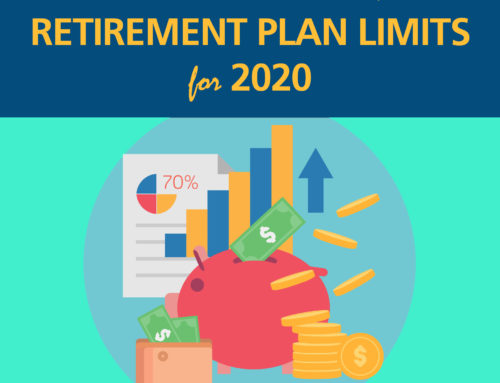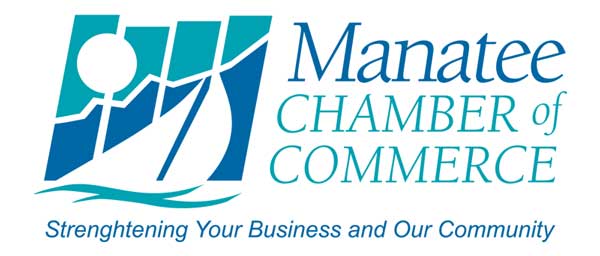“In this world, nothing can be said to be certain, except death and taxes,” said Ben Franklin in 1789.
Isn’t it interesting that Ben did not state the order as “taxes and death.” Yes, even after death, there are tax implications on a deceased person’s assets.
Anyone who plans to leave resources or assets to loved ones (an estate) grapples with the question, How can my heirs get most of the inheritance I want to leave them?
How Does One Plan for an Inheritance?
It’s like asking, How much does a house cost? Or, How much will it cost to fix my car? It depends. Each home and each vehicle are unique, as each person’s estate is unique.
Planning Is Crucial
Transamerica reports in 2019, the estimated median savings for Americans age 65 is $172,000. The statistics are surprising for citizens of the most robust economy on earth.
If you have saved and invested, and your retirement funds are above average, be encouraged. Prudent planning will ensure you get the most out of your retirement funds and have an estate to leave your loved ones.
Good News About Taxes?
If you are unaware, Florida has a reputation for being a low-tax state. It’s a key reason retirees want to move to the Sunshine State. Let’s cover some tax basics for residents of Florida which you’ll probably find to be encouraging news.
Let’s consider the state taxes that you do, and do not, have to pay.
You must pay state sales tax and state property tax.
- Florida sales tax is a modest 6%, but factoring in local sales taxes in some areas, that tax rate can go up to 8%.
- Florida property taxes are in the middle of the pack nationwide, with an average effective rate of 1.02%.
That’s it. Those are the only two state taxes Florida requires you to pay.
The next list is even more encouraging! Below are the taxes you do not have to pay as a Florida resident.
Florida has:
- No state income tax
- No estate tax
- No inheritance tax
- No intangible tax
- No gift tax
Let’s examine each of these briefly and consider how they impact the tax burden for your heirs.
- Sales tax, property tax, income tax, and intangible tax are levied when a person is alive. No tax concerns here until a beneficiary sells inherited assets.
- No state income tax in Florida means that income, Social Security, retirement accounts, and pension plans are all free of taxes. Federal income tax still applies. And, to the delight of Floridians, inherited assets are not considered income.
- No intangible tax means there is no state sales tax on the sale of investments, however federal capital gains taxes still apply.
- No estate tax means no part of what is willed to an individual goes to the state. Many people called this tax the “death tax” in the past. Florida abolished its estate tax in 2004.
- The federal estate tax doesn’t kick in until $11.4 million for 2019. That means an individual can leave $11.4 million to heirs and pay no federal estate or gift tax, while a married couple will be able to shield $22.8 million.
- Florida also has no state gift tax. The federal gift tax applies only to gifts of more than $15,000 in 2019. This benefit means in a family, each parent can gift up to $15,000 to your beneficiaries. For example, in a family of two living parents and two children, each child can receive $30,000 from the parents’ tax-free. Above this amount, taxable gifts are subtracted from an individual’s lifetime estate and gift-tax exemption, which is currently $11.4 million per person.
Leaving With A Plan
The best approach for leaving an inheritance may involve different tactics at different stages of your retirement. There can be a multitude of factors influencing the best plan such as your IRAs, 401k, marginal tax rate, the timing for establishing a trust, etc. Required minimum distributions (RMDs — required annual withdrawals from tax-deferred retirement accounts, such as IRAs, once reaching age 70½) limit your flexibility and can affect which tactics are best in different years.
Thinking about the tax implications for your estate can overwhelm and paralyze. Unfortunately, most people don’t plan or wait far too long to take action. Loving intentions can dissolve through avoidance — and lousy advice.
People grieve the loss of loved ones differently. The sense of loss can compound when those left behind discover the inheritance intended to enrich their lives is being siphoned away because of lack of planning. Sadly, it can become grief upon grief.
A Way Forward
Developing a relationship with a CPA can be one of the most cost-effective means to ensure your heirs receive your assets — and for you to receive peace of mind. The additional training and certification of a CPA enable her to be a trusted advisor with your best interest in mind. The CPA designation has a high standard of ethics and because she can’t sell you an investment “vehicle” you can know the advice is unbiased. A reputable CPA will work with your investment advisor or broker to develop the best plan for you. Your CPA is in your corner, not motivated by commissions, but by developing a relationship with you that lasts, and the referrals that come from sound advice.
Death and taxes are inevitable. Both involve loss. You don’t have to lose part of your estate unnecessarily to taxes. Start a dialogue today with Tax Wizards East to see how we can serve you.





